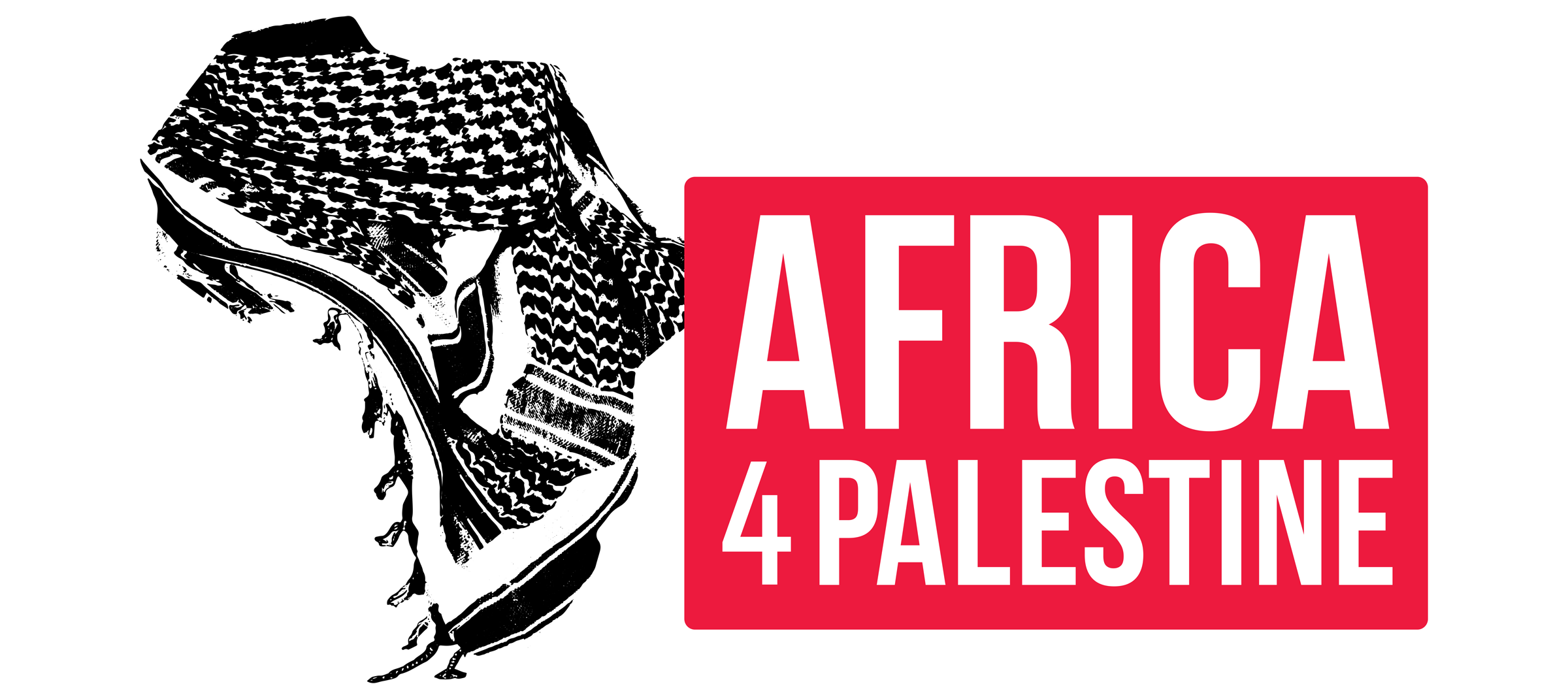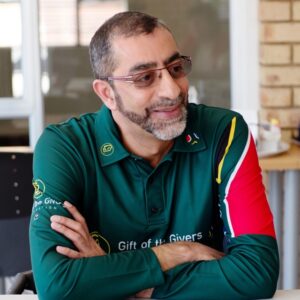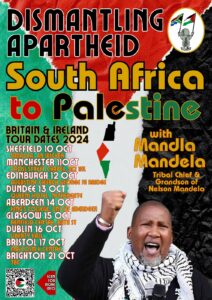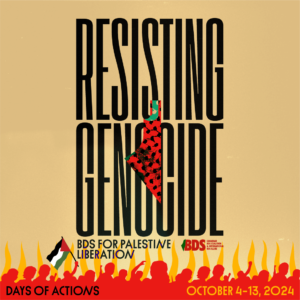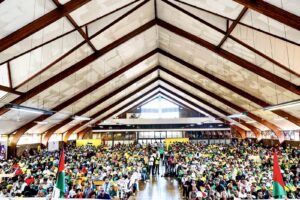A Palestinian Village Under Israeli Siege: No One Can Leave, Not Even a Child With Cerebral Palsy
Gideon Levy and Alex Levac
Jul 16, 2016 1:26 AM
She approaches the checkpoint, on foot, in the heat of the day, carrying Mahmud in her arms with obvious difficulty. She doesn’t have a stroller. Mahmud can’t stand up; he wears leg braces. Three-and-a-half years old, he’s crippled by cerebral palsy, the result of an insufficient oxygen supply to his brain during his birth. Again on this day, as on the previous one, Israel Defense Forces soldiers stop them and refuse to allow them to leave their village, Sa’ir, northeast of Hebron – despite the sight of the weary mother and her disabled boy with his broken body, who is unable either to talk or to control his movements.
But today, Monday of this week, Lt. Yaniv is on duty at the checkpoint and he, at least, speaks softly and politely to the hundreds of Palestinians who are trying to enter or leave the locked-down town – he doesn’t bark at them in the usual checkpoint manner. Some 20,000 people were placed under siege this week, in the wake of the incident last Saturday, in which shots were fired at an Israeli couple with six children who were driving toward the West Bank settlement of Tekoa; the father was moderately wounded.
As of midweek, the shooter had not been caught, and the closure was still in place. The suspicion that he had fled to Sa’ir was enough to imprison tens of thousands. No one is allowed to leave, not even a child with cerebral palsy and his mother, who are on the way to a clinic in a neighboring village.
 Late afternoon. A broiling-hot sun. On both sides of the makeshift checkpoint that has turned this town into a giant cage are long lines of cars, their angry and frustrated drivers standing next to them, helpless. Occasionally one starts to shout; once in a while someone tries to cajole the soldiers to let them through, but to no avail, of course. This checkpoint is a typical mixture of neglect, piles of dirt and garbage, concrete blocks strewn randomly along the road, strips of spikes, two soldiers, an officer and an army-issue water container. The orders are fluid – the IDF is nothing if not a dynamic army – and today entry into Sa’ir is permitted, exit is forbidden. Yesterday entry was permitted but only on foot; today vehicles are allowed to enter, too. The closure has been eased. But exit is absolutely forbidden, no exceptions. Lt. Yaniv explains to every driver and pedestrian who arrives at the checkpoint that if they go in they will not be able to leave, no one knows for how long.
Late afternoon. A broiling-hot sun. On both sides of the makeshift checkpoint that has turned this town into a giant cage are long lines of cars, their angry and frustrated drivers standing next to them, helpless. Occasionally one starts to shout; once in a while someone tries to cajole the soldiers to let them through, but to no avail, of course. This checkpoint is a typical mixture of neglect, piles of dirt and garbage, concrete blocks strewn randomly along the road, strips of spikes, two soldiers, an officer and an army-issue water container. The orders are fluid – the IDF is nothing if not a dynamic army – and today entry into Sa’ir is permitted, exit is forbidden. Yesterday entry was permitted but only on foot; today vehicles are allowed to enter, too. The closure has been eased. But exit is absolutely forbidden, no exceptions. Lt. Yaniv explains to every driver and pedestrian who arrives at the checkpoint that if they go in they will not be able to leave, no one knows for how long.
The Eagles’ “Hotel California” comes to mind: “You can check out any time you like, / But you can never leave.”
Some of those who wanted to enter in a car think better of it, turn around and leave, others take their chances and pass through into the town – semitrailers heading for Sa’ir’s quarries, trucks carrying provisions, shared taxis and private cars whose drivers are at a loss in the face of the draconian orders. On the other side of the checkpoint all the vehicles are being turned back, as are pedestrians. Families, the aged, children. Lockdown.
On Sunday, Suzanne Tarawa arrived at the checkpoint with Mahmud in a shared taxi at about 3 P.M., just as she did the next day. A field researcher of the Israeli human rights organization B’Tselem, Musa Abu-Hashhash, was at the checkpoint and captured the goings-on with his video camera. A soldier at the checkpoint is seen walking back and forth, or standing with legs apart, hands on hips, speaking in a lordly tone, “Now you are six meters from me. Get it? Sababa [terrific].” The sababa did not last long.
Suzanne approached the soldiers, pointed at her son and explained that she had to get to the clinic and that the toddler cannot walk or even stand up. “Go back,” the soldier ordered. The negotiations with him went on for almost two hours, under the blazing sun. At one point he told her to go home and bring him her son’s birth certificate. He promised that if she did, he’d let her through. “Why a birth certificate?” she asked. “Don’t you see his condition?” The soldier replied, “Without a birth certificate, he will not go through. Go get it.” She had no way to go back home. She asked the soldier who would pay for the trip. That was of no interest to him, he replied.
In the meantime, a car with Israeli plates arrived at the checkpoint from the Sa’ir side of the checkpoint. The soldier offered the driver a deal: If he drove Suzanne home and then back with her son’s birth certificate, he’d let him leave, too. Mother and son got into the car and left. While Abu-Hashhash waited for them to return, he met a truck driver who was on his way to the Allenby Bridge – the border terminal between the West Bank and Jordan – in order to get a shipment of cement, but had been stuck at the checkpoint for 16 hours and had nowhere to go with his truck.
Suzanne returned with the requisite birth certificate. The soldier called his commanding officer, then told them they still could not leave, because the child did not have an entry permit. The same for the driver, despite all the promises.
Later on Abu-Hashhash said he was fearful for the little boy’s life. In the field researcher’s video, Mahmud looks semi-conscious, pale, gaping, apathetic. His mother placed him on a stone wall near the road, exposed to the sun, next to the checkpoint, so she could tighten his leg brace. Mahmud started to cry.
After a time, a Palestinian ambulance arrived on the way out of Sa’ir. The soldiers delayed the driver for half an hour, because the vehicle was empty. But now they noticed that Mahmud’s condition – he was still lying on the stone wall – was deteriorating. They agreed to let the ambulance take mother and child to the clinic. Some two hours had passed since they first arrived at the checkpoint.
We met Suzanne and Mahmud at the checkpoint on Monday. Again, they were not allowed to leave, and we were not allowed to enter, but Lt. Yaniv let us converse with her. Suzanne related that in the clinic the day before it took Mahmud time to recover. He was suffering from muscle cramps and was trembling. During the night, he had woken up, unusually, three times and cried, apparently from fear.
It’s heartrending to watch the video of Mahmud crying at the checkpoint, while the soldier stands next to him, totally oblivious. “Back off,” a female soldier shouts at Abu-Hashhash as he films the scene. A woman in an advanced state of pregnancy was also not allowed to leave.
Suzanne Tarawa with her son, Mahmud, at the Sa’ir checkpoint.Alex Levac
The IDF Spokesperson’s Unit stated, in response to a query from Haaretz: “The incident in question will be investigated and [proper] conclusions will be drawn.”
“There is none but Him,” reads a sticker on a settler’s car that passes by on the main road to Hebron. The expressions on the faces of the Palestinian drivers who have been delayed at the checkpoint for hours, since we got here, alternate between helplessness, disgust, despair and rage. A soldier gestures to another approaching car: road closed. “This road leads to a Palestinian locale. Entry for Israeli civilians is dangerous,” reads a red sign. Someone has smeared a yellow Star of David on one of the concrete blocks.
Lt. Yaniv is worn out, too. He lives in Azur, near Tel Aviv. An officer in the Kfir Brigade, which is permanently assigned to the West Bank, he has six-hour shifts. We praise him for his attitude toward the local residents. “They are citizens like you and me,” he says in response. The driver of a truck carrying bottles of mineral water is engaged in a loud argument over the phone: His employer wants him to enter the town but the driver is afraid he’ll get stuck there. Another family arrives on foot. “We live on the other side of the road,” they say, pointing in desperation, before being turned back by the soldiers.
Here’s another misunderstanding that might end in tears: Some drivers think that the soldier was saying that if they park their car at the checkpoint and cross over on foot, they will be able to leave again. Wrong.
Suzanne is carrying Mahmud in her arms. Again she sits him on the stone wall where he lay for hours the day before. The boy’s head is bent over, his eyes are fixed on the road, as though wanting to avoid looking at the soldiers and the checkpoint. He’s pale, very thin, a small boy with spindly arms and legs, unable to speak a word, though his mother says he understands a great deal. He stirs compassion. Suzanne tries to stand him up to show us his condition, but instantly, he begins to slip from her hands. She adjusts her son’s leg brace again before the two, mother and son, turn around, and start to make their way back home.
(Click here to read this article on Haaretz website, where it was originally published.)
